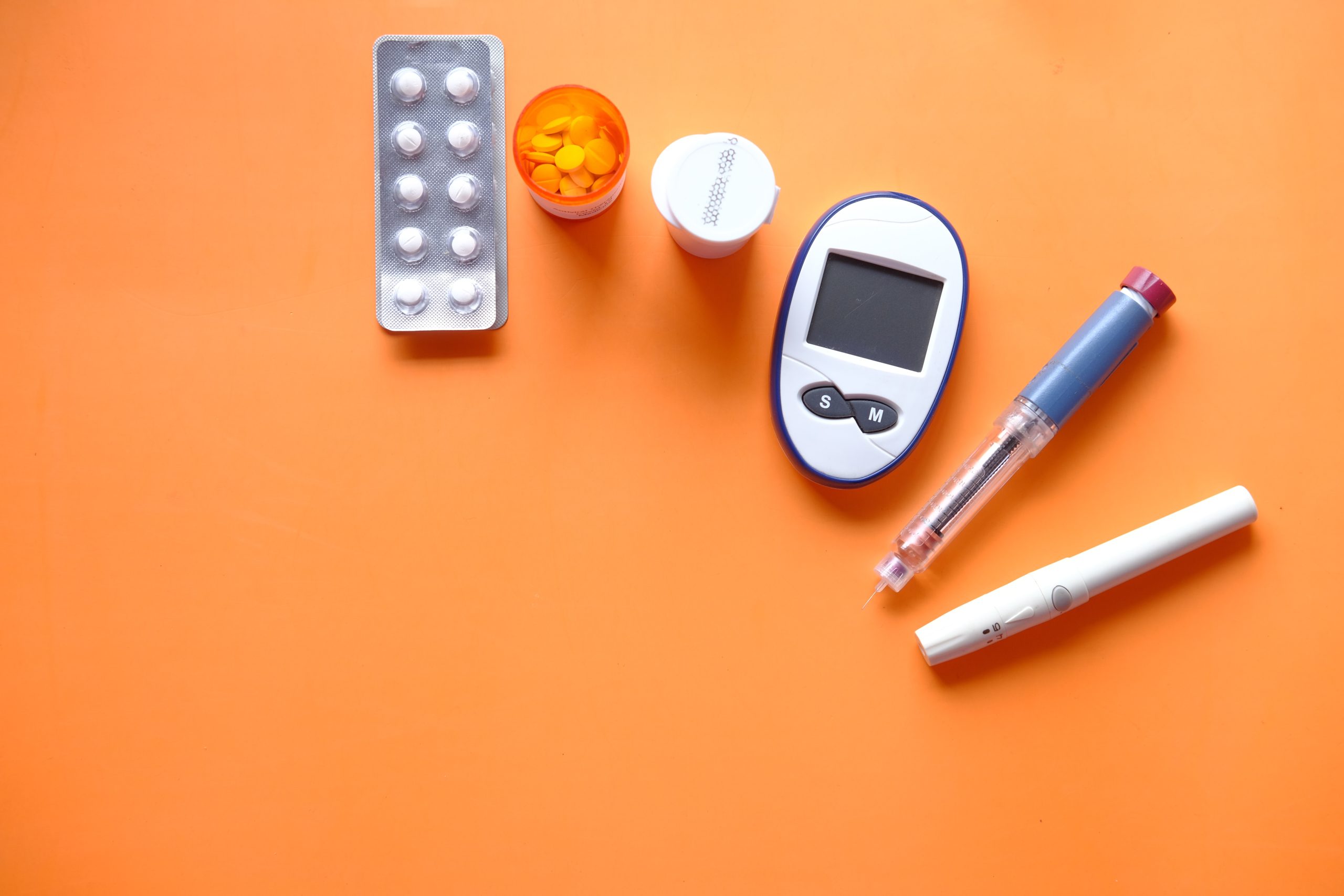Diabetes and Effective Prevention Strategies
Diabetes, a chronic metabolic disorder characterized by high blood sugar levels, has reached alarming proportions worldwide. It affects millions of individuals and poses significant health risks if left unmanaged. However, the good news is that diabetes can largely be prevented through proactive lifestyle choices and early interventions. In this article, we will explore the different types of diabetes, the risk factors associated with the disease, and effective preventive measures individuals can adopt to reduce their risk.
Understanding Diabetes:

Diabetes is primarily classified into two types: Type 1 and Type 2. Type 1 diabetes occurs when the body fails to produce sufficient insulin, the hormone responsible for regulating blood sugar levels. It usually develops during childhood or adolescence and requires lifelong insulin therapy. On the other hand, Type 2 diabetes results from insulin resistance, where the body fails to utilize insulin effectively. This type is commonly associated with poor lifestyle habits and obesity, although genetics can also play a role.
Risk Factors for Diabetes:
While certain factors such as age, family history, and genetics are beyond our control, several modifiable risk factors significantly contribute to the development of diabetes. These include:
- Unhealthy eating habits: A diet high in refined carbohydrates, sugary beverages, processed foods, and saturated fats can increase the risk of developing diabetes.
- Sedentary lifestyle: Physical inactivity and a lack of regular exercise contribute to weight gain and insulin resistance, increasing the risk of Type 2 diabetes.
- Obesity: Excessive body weight, particularly abdominal fat, is a major risk factor for diabetes. Fat cells release inflammatory substances that impair insulin function.
- High blood pressure and cholesterol levels: Hypertension and abnormal lipid levels contribute to the development of insulin resistance and increase the likelihood of diabetes.
- Smoking and excessive alcohol consumption: Both habits have been linked to an increased risk of Type 2 diabetes.
Preventive Measures for Diabetes:
Fortunately, by adopting a healthy lifestyle, it is possible to reduce the risk of developing diabetes significantly. Here are some effective preventive measures:
- Balanced diet: Focus on consuming whole, unprocessed foods such as fruits, vegetables, whole grains, lean proteins, and healthy fats. Avoid sugary and high-calorie foods, opting for portion control and moderation.
- Regular physical activity: Engage in moderate-intensity aerobic exercises like walking, cycling, swimming, or dancing for at least 150 minutes per week. Additionally, include strength training exercises twice a week to improve muscle mass and insulin sensitivity.
- Weight management: Maintain a healthy weight by combining a balanced diet with regular physical activity. Losing excess weight, particularly abdominal fat, can significantly reduce the risk of developing Type 2 diabetes.
- Avoid smoking and limit alcohol consumption: Smoking damages blood vessels and increases the risk of various health conditions, including diabetes. Excessive alcohol consumption can lead to weight gain and negatively impact blood sugar control.
- Regular health check-ups: Routine screenings for blood glucose levels, blood pressure, and cholesterol are crucial for early detection and timely intervention. Regular check-ups enable healthcare professionals to monitor your health and provide necessary guidance.
Conclusion:
Diabetes is a growing global health concern, but it is largely preventable by adopting healthy lifestyle practices. By incorporating a balanced diet, regular physical activity, maintaining a healthy weight, and avoiding harmful habits, individuals can significantly reduce their risk of developing diabetes. Moreover, it is vital to prioritize regular health check-ups to detect any potential signs of diabetes early on. Through collective efforts and awareness, we can effectively combat the rise of diabetes and promote a healthier future for generations to come.
